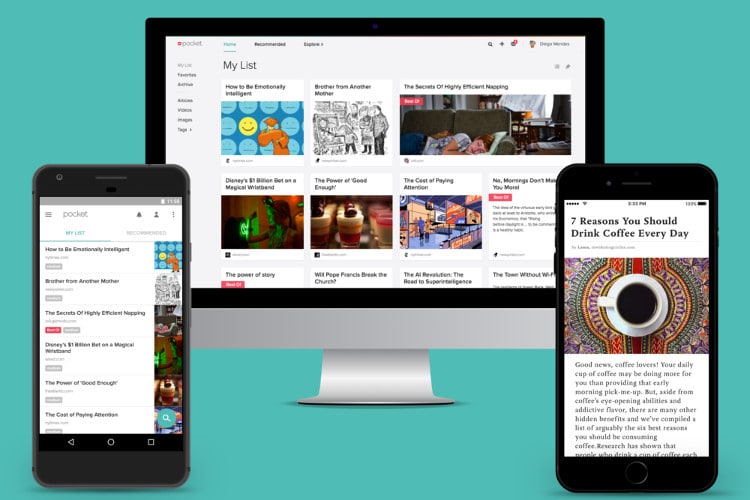
Mozilla has announced the acquisition of Read It Later, the company behind the widely popular Pocket app. The new deal is aimed to make Pocket an open source project.
The original Pocket code will become a part of the Mozilla open source project that also includes Firefox, PDF.js and Open News. However, Pocket by Read It Later will continue as a wholly-owned, independent subsidiary of Mozilla Corporation.
Financial terms of the deal are undisclosed. However, the Pocket team reveals that the acquisition will help to expand the “reach of high-quality content” alongside protecting the “openness of the web” and building a content platform with trust and privacy.
“Pocket provides people with the tools they need to engage with and share content on their own terms, independent of hardware platform with the tools they need to engage with and share content on their own terms, independent of hardware platform or content silo, for safer, more empowered and independent online experience,” said Chris Beard, CEO of Mozilla, in a statement.
10 million users already on board
The Pocket app has more than 10 million active monthly registered users across Android, iOS and the Web and is available as an integrated option for Flipboard and Twitter. Originally developed in August 2007, the app was debuted as a Firefox browser extension.
Last year, the Pocket team brought native support for Firefox to by default enable the service on the web browser. That development apparently influenced the latest acquisition.
“We have really enjoyed partnering with Mozilla over the past year. We look forward to working more closely together to support the ongoing growth of Pocket and to create great new products that people love in support of our shared mission,” Pocket CEO Nate Weiner said.
The Pocket app is taking on Instapaper that was acquired by Pinterest last year. Facebook also developed its save button to offer read-it-later to its users.





































































Does that mean Pocket iOS app will be opensourced and other person can create such an app and simply put in App Store (possible posing a security threat)?